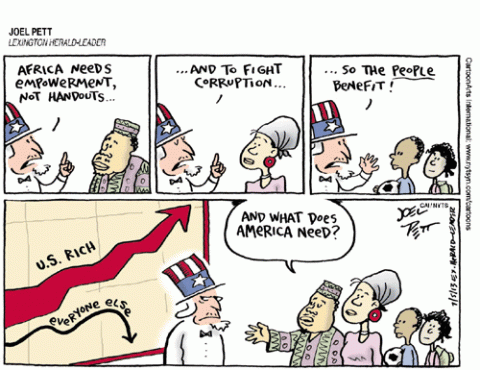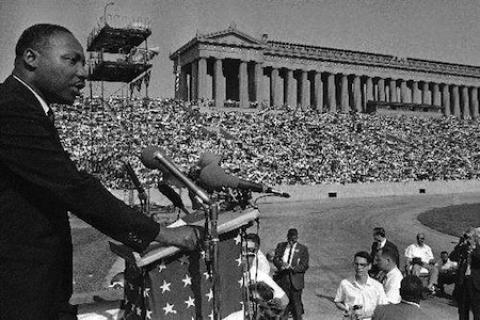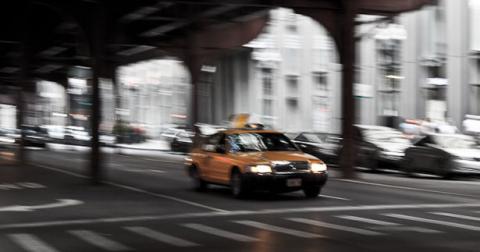BART Strike Illustrates Heated Debate Over Public-Sector Work Stoppages
San Jose Mercury News

"Union struggles reflect on all jobs," said Jane Smith, 30, a data scientist from San Francisco. "Unions won the struggle for a 40-hour workweek, and we are all benefiting from that still. Unions also fight for higher wages, which translate to higher wages for all Americans." The BART strike is a symptom of "the income and wealth inequality that is plaguing our nation," she said. "I can't believe that people are missing the point."








Spread the word